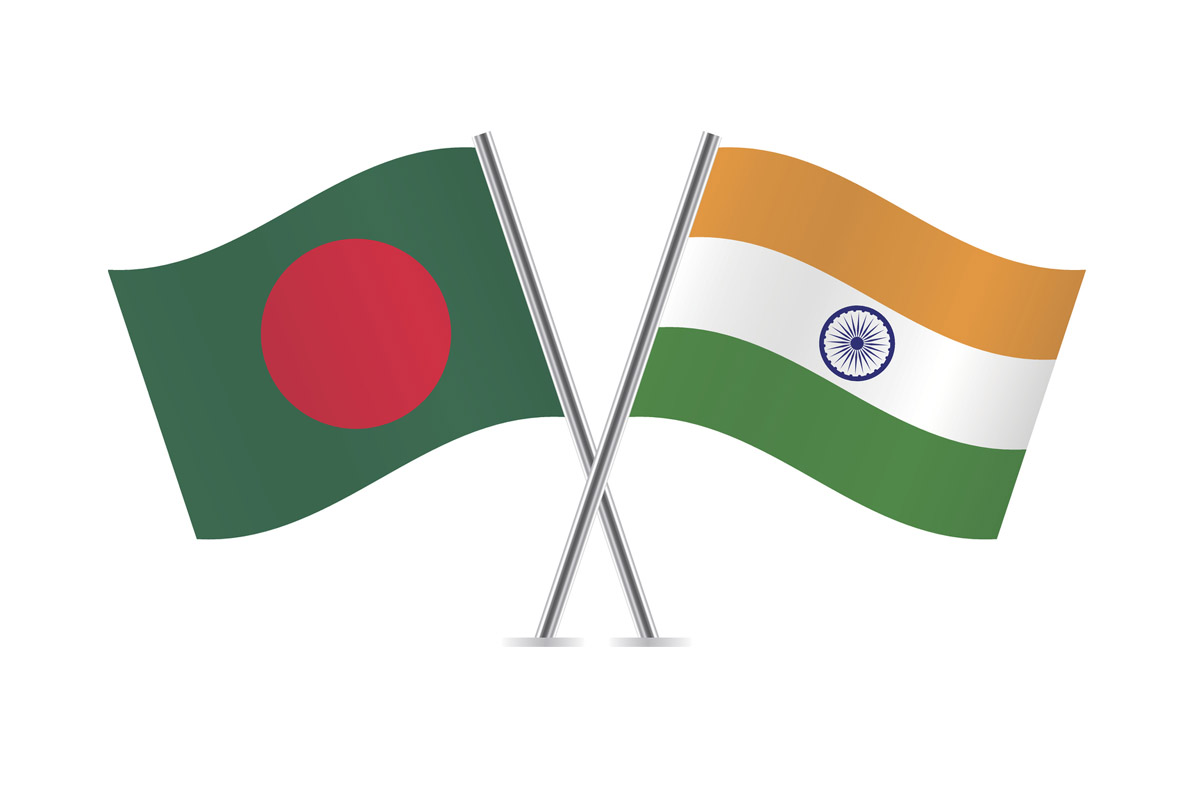Reflecting growing cross-border tensions, ILS Super Specialty Hospital in Agartala has announced its decision to stop treating Bangladeshi nationals.
The hospital’s executive committee finalised this move in response to mounting protests by nationalist groups in Tripura, which have opposed the continued influx of Bangladeshi patients amid escalating communal violence across the border.
Advertisement
For years, ILS Hospital has served as a destination for Bangladeshi citizens seeking advanced medical care unavailable in their home country.
On average, around 100 Bangladeshi nationals traveled to India monthly via the Agartala Integrated Check Post (ICP) for treatment.
However, recent incidents of violence against minority Hindus in Bangladesh have triggered outrage in northeastern India, prompting nationalist groups to pressure local institutions to restrict services for Bangladeshi nationals.
This decision mirrors a similar move by JN Ray Hospital in Kolkata, which recently ceased catering to Bangladeshi patients, citing heightened nationalist sentiment. Critics argue that cross-border medical tourism strains India’s local healthcare infrastructure and worsens political tensions, particularly given Bangladesh’s alleged failure to curb attacks on minority communities.
Medical Tourism and Indo-Bangladeshi Ties
India has long been a hub for medical tourism, offering affordable, high-quality healthcare services. Patients from Bangladesh, in particular, constitute a significant portion of this demographic. The proximity of states like Tripura and West Bengal, combined with their cultural and linguistic similarities, has made them preferred destinations for Bangladeshi nationals seeking treatment for critical conditions such as cardiac ailments, cancer, and kidney disorders.
Hospitals in India, including those in Kolkata, Agartala, and Chennai, have built a reputation for offering advanced medical procedures at a fraction of the cost compared to Western nations. For many Bangladeshi families, India represents a lifeline for accessible and reliable healthcare.
The decision by ILS Hospital has drawn mixed reactions. Nationalist organisations have welcomed the move, arguing it sends a strong message against the violence targeting Hindus in Bangladesh. They also claim that such restrictions safeguard local resources and healthcare equity.
However, the medical fraternity has expressed ethical concerns, emphasising that denying healthcare based on nationality undermines the core principles of medical practice. Critics warn that such decisions could tarnish India’s image as a global humanitarian hub and negatively impact cross-border relations.
Economically, the ban could also result in substantial revenue losses for hospitals that rely on international patients. Medical tourism has been a growing industry in India, and Tripura’s healthcare sector has particularly benefited from its close ties with Bangladesh. This move, while politically charged, risks disrupting a crucial revenue stream and may impact India’s regional influence.
As northeastern states like Tripura navigate the complexities of cross-border healthcare, the decision highlights the broader challenges of balancing humanitarian responsibilities with national interests in an increasingly polarised environment.







